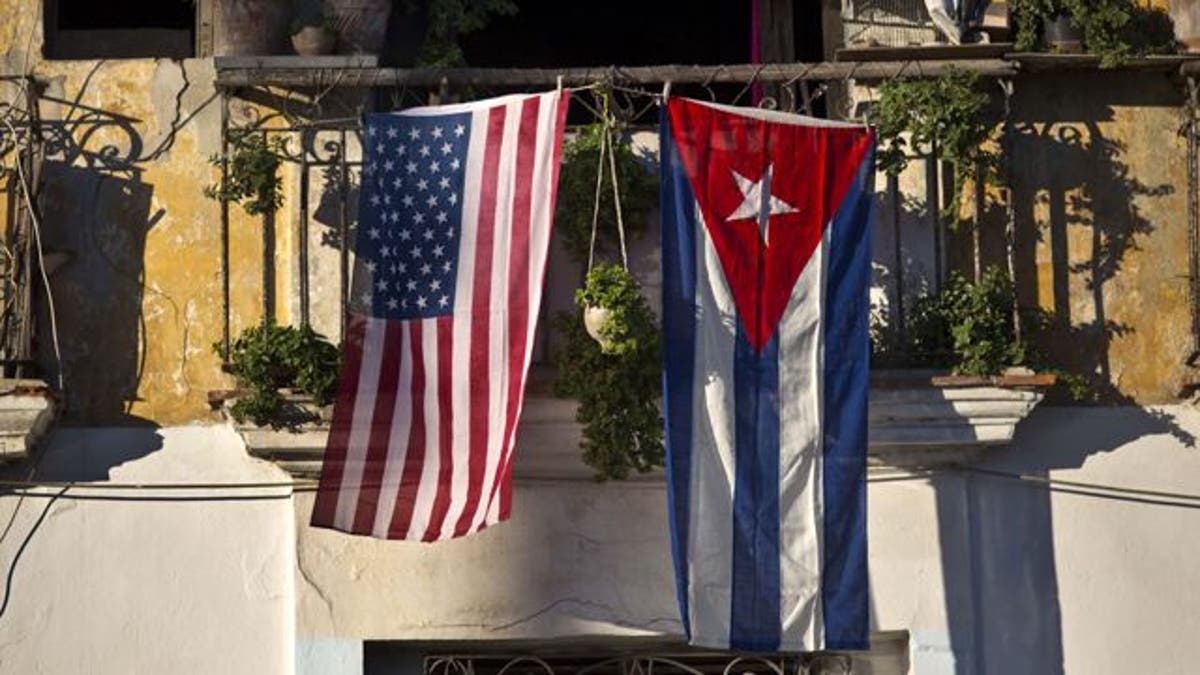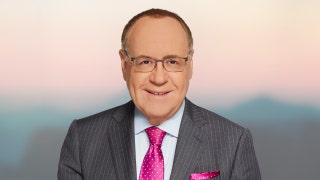
It’s the question being asked from Wall Street to Main Street, from Calle Ocho to Madrid. What’s next for Cuba economically?
It’s important to note, given its history, that as simplistic as it might sound, the direction Cuba’s economy will take will be decided in Havana. There, planners who are more accustomed to state controls based on rigid Marxist principals will have to choose between staying the course with minor tweaks, abandoning their centralized economy altogether or creating a mix of all of the above.
Cuban planners talk of "maintaining the principles of the revolution." That’s code for "don’t push us or we’ll walk away."
Present trends and economic conditions – not just in Cuba, but in places like Russia and Venezuela – suggest that staying the course is not a workable option for Havana. But don’t bet on wholesale changes either: Cubans on both sides of the Florida straits are a proud people and don’t like being told what to do. It would be foolhardy to expect Cuba to enact immediate and wholesale changes in a direction toward a U.S.-based market economy.
Instead, Cuban planners talk of "maintaining the principles of the revolution." That’s code for "don’t push us or we’ll walk away." It’s a forthright and earnest warning, but one that seemed much more reasonable decades ago when Cuba could turn to the Soviets or the Venezuelans to reinforce its anticapitalist position.
Still, change is undoubtedly coming to Cuba and it can’t help but improve the economic lot of the Cuban people. Even Fidel Castro said as much when he uttered four years ago that Cuba’s economic model “doesn’t even work for us anymore.” The economic engine that will stoke Cuba’s future, unless unknown forces in Washington or Havana throw a wrench into it, will no doubt be based on both market principles and socialist ideals.
Marino Murillo is the man entrusted to carry out Cuba’s transitional economy. He is Cuba’s Minister of Planning and Economy and is described by insiders as “having Raúl Castro’s ear.”
Murillo believes in continuing to increase Cuba’s recently established private markets, but he plans to do so in a way that will “benefit socialism” rather than capitalism. It may be language used to bolster or salvage the Castro revolution’s image, but even so, Murillo does not appear to be a man to be trifled.
Murillo, a former military officer, is not willing to accept that Cuba’s economic transition must follow the path set forward by the U.S., nor for that matter the China or Vietnam models.
Asked in 2010 if Cuba would pursue changes similar to those countries, Murillo replied brusquely; "I think the Cuban model is a very Cuban model. We cannot copy what many people in the world do."
That was five years ago. Now, with the announcement of diplomatic relations with the U.S. and signs of economic success in Vietnam, it would seem unwise for Murillo to not at least consider the Vietnamese model. Vietnam, like Cuba, transitioned its highly centralized planned economy into a socialist oriented market economy in 1997.
Since doing so it has grown significantly in production while creating small and medium privately owned enterprises. It has also increased foreign investment, which has pumped more capital into its economy.
It remains to be seen if Cuba will create a hybrid economy similar to Vietnam’s, but given Cuba’s 90 mile proximity to the world's most affluent market, anything less would seem to be nothing more than a lost opportunity for the Cuban people.








































